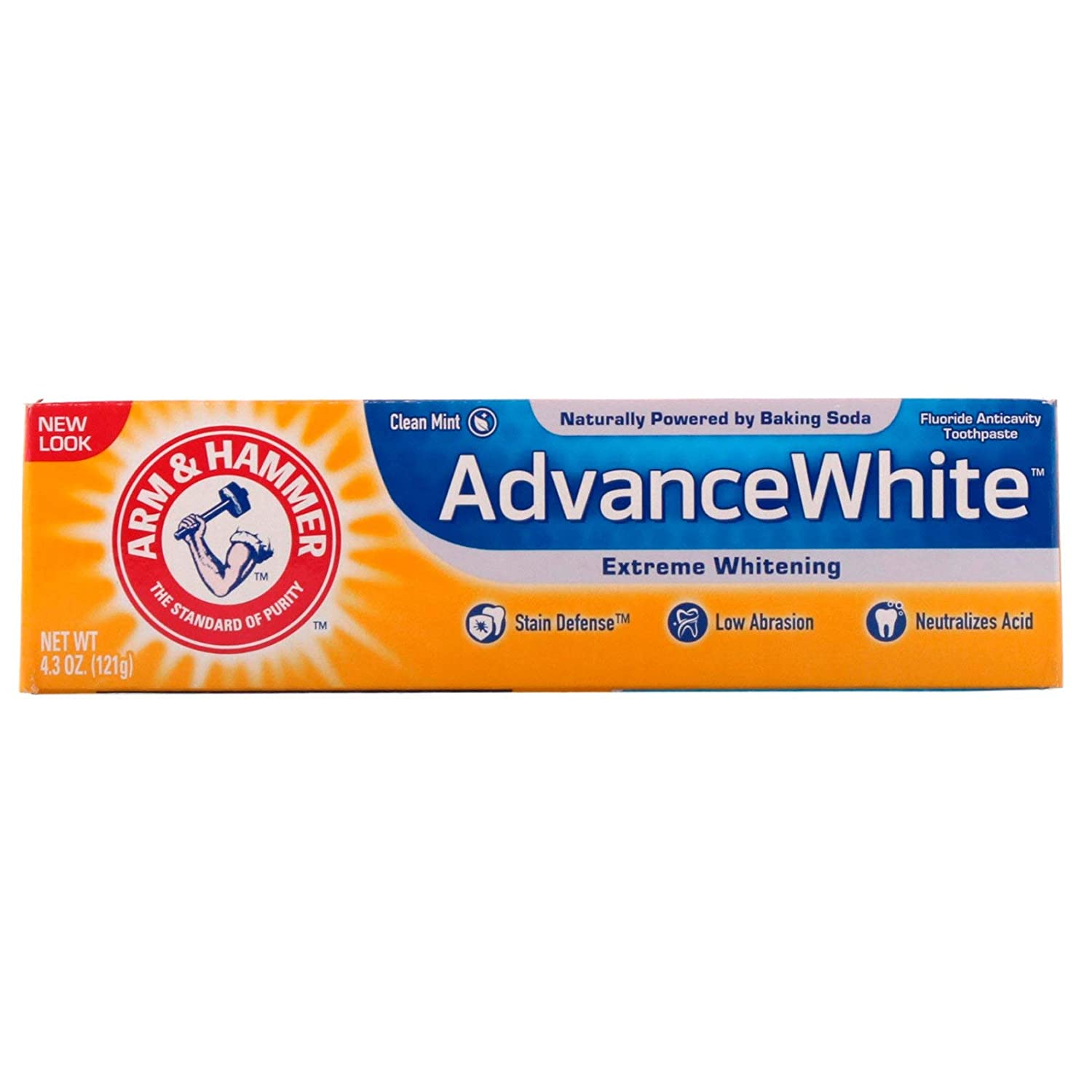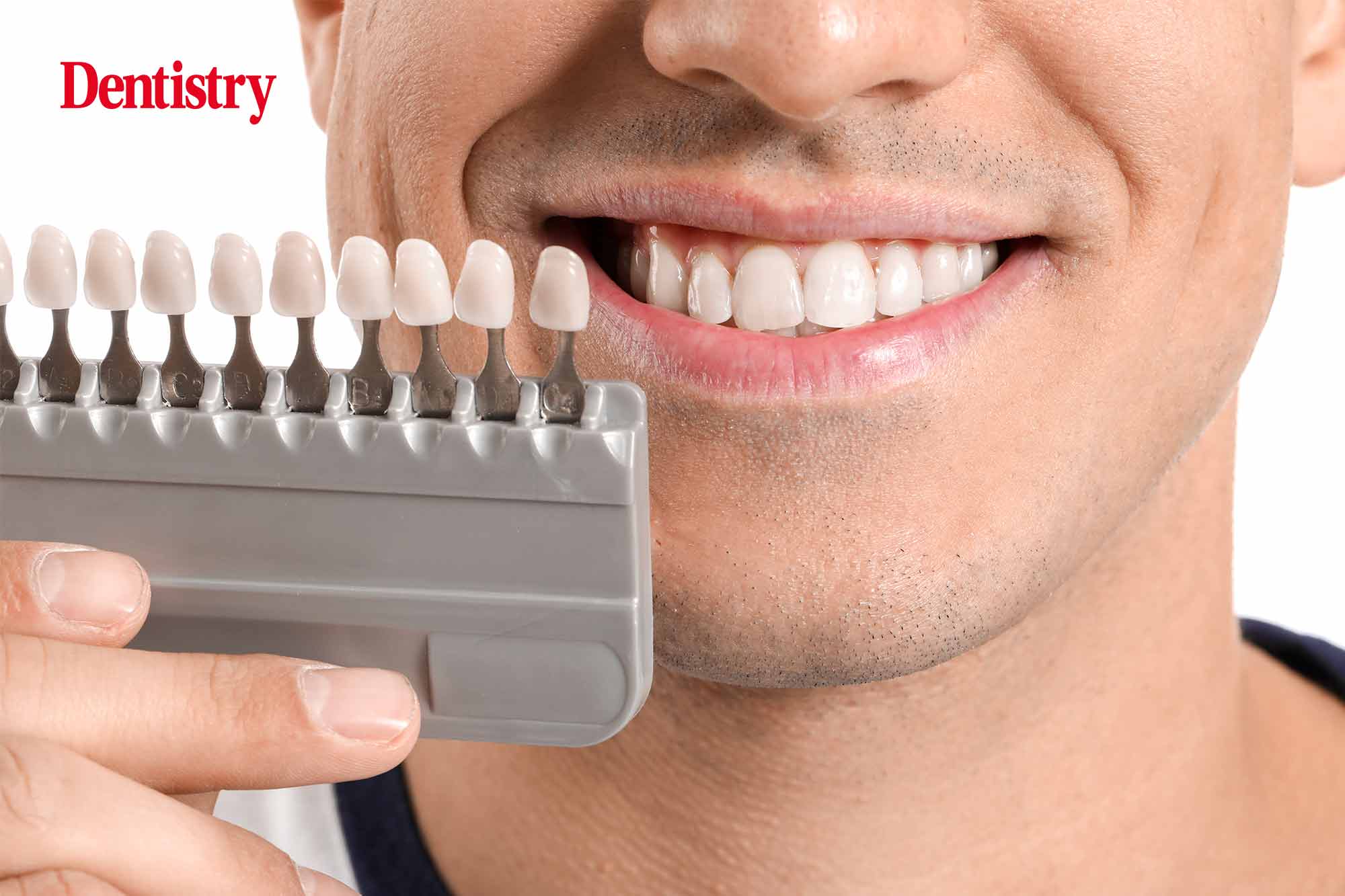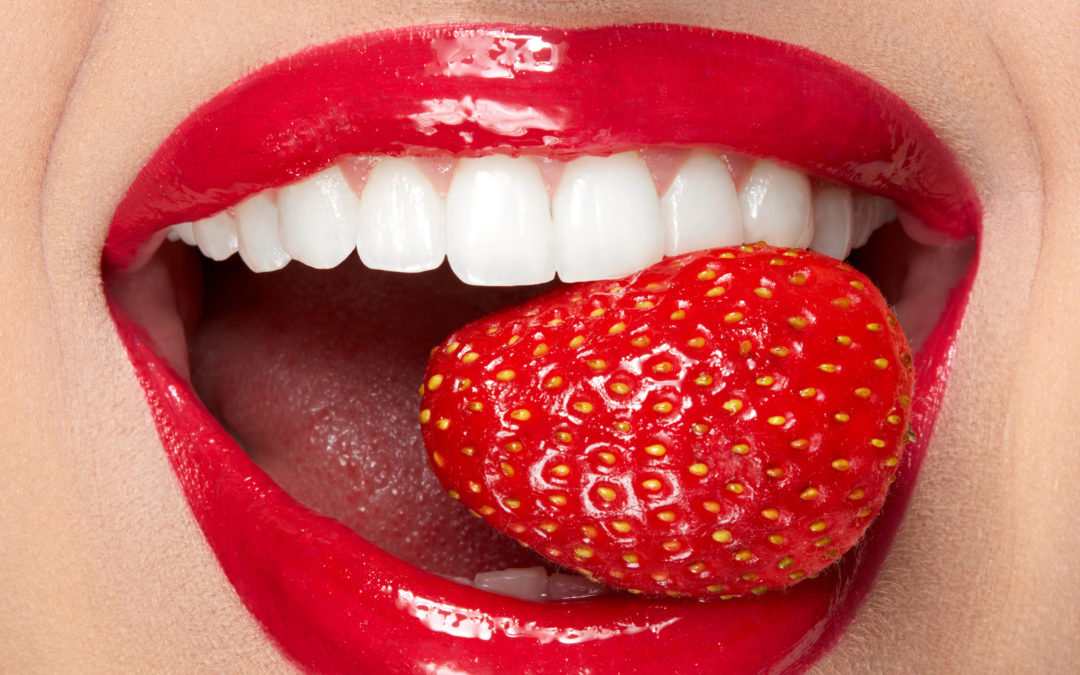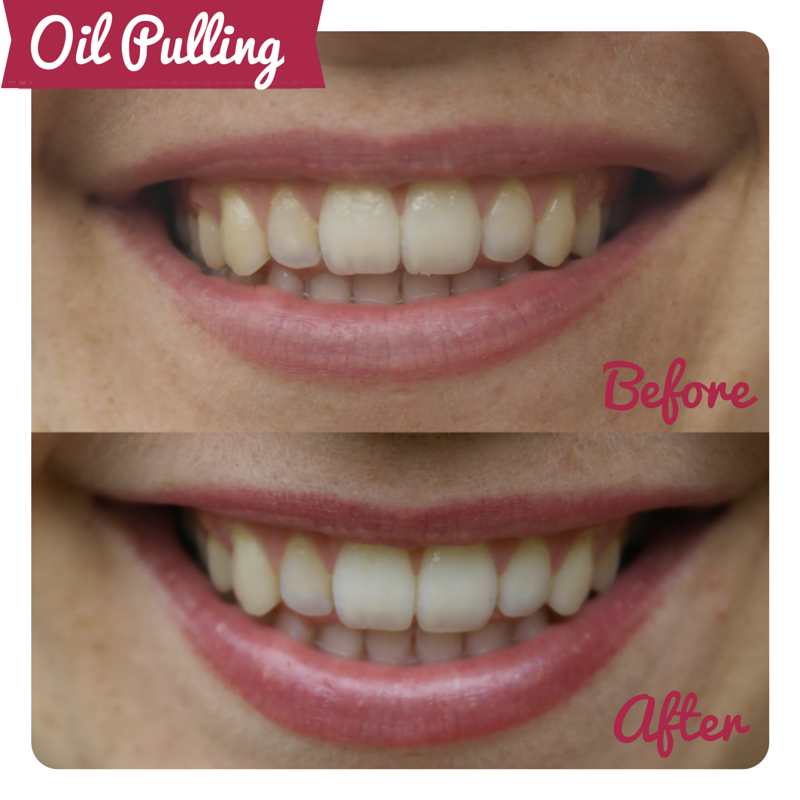
A radiant smile is often considered a symbol of health, vitality, and confidence. However, over time, teeth can become stained and discolored due to factors like aging, diet, and lifestyle habits. While professional teeth whitening treatments can be effective, they can also be expensive and potentially harmful to tooth enamel.
Fortunately, there are several natural teeth whitening methods that can help you achieve a brighter smile without the harsh chemicals or hefty price tag. These methods often utilize readily available ingredients and simple techniques that can be easily incorporated into your daily routine.
In this blog post, we’ll explore the world of natural teeth whitening, delving into the best methods, their benefits, and how to implement them effectively. We’ll also provide tips for maintaining your newly whitened smile and preventing further staining. So, get ready to embark on a journey towards a brighter, healthier, and more confident smile.
What is natural teeth whitening?
Natural teeth whitening involves utilizing natural ingredients to eliminate stains and discoloration from teeth. These methods aim to gently brighten your smile without harsh chemicals or invasive procedures.
While professional teeth whitening methods may achieve more noticeable results, natural options offer several advantages:
- Gentleness: Natural ingredients are less likely to irritate or damage tooth enamel compared to powerful chemical bleaching agents.
- Affordability: Natural remedies often cost significantly less than professional whitening treatments.
- Safety: Natural options appeal to individuals with sensitive teeth or allergies to certain chemicals.
- Simplicity: Many natural whitening techniques can be easily incorporated into daily routines.
- Preventive Measures: Natural approaches can complement regular oral hygiene practices to maintain healthy, white teeth.
Benefits of Natural Teeth Whitening
Natural teeth whitening offers a range of advantages compared to conventional methods, which often rely on harsh chemicals and invasive procedures. Here are some of the key benefits of natural teeth whitening.
1. Gentleness
Natural ingredients are less likely to irritate or damage tooth enamel compared to powerful chemical bleaching agents. This makes them a good option for people with sensitive teeth or those who are concerned about the long-term effects of harsh chemicals.
2. Afforability
Natural remedies often cost significantly less than professional whitening treatments. This makes them a good option for people on a budget.
3. Safety
Natural options appeal to individuals with sensitive teeth or allergies to certain chemicals. They are also a good option for pregnant or breastfeeding women, as there is no risk of harmful chemicals entering the bloodstream.
4. Simplicity
Many natural whitening techniques can be easily incorporated into daily routines. For example, you can brush your teeth with baking soda or swish hydrogen peroxide in your mouth for a few minutes each day.
5. Preventive Measures
Natural approaches can complement regular oral hygiene practices to maintain healthy, white teeth. For example, eating fruits and vegetables that are high in vitamin C can help to prevent plaque buildup and gum disease.
In addition to these benefits, natural teeth whitening methods may also have other positive effects on your oral health. For example, some studies suggest that oil pulling can help to reduce plaque buildup and gingivitis.
Overall, natural teeth whitening is a safe, effective, and affordable way to brighten your smile. If you are looking for a way to whiten your teeth without using harsh chemicals, natural methods are a great option to consider.
How to Naturally Whiten Your Teeth
Achieving a bright and radiant smile is a common desire, and many people turn to natural teeth whitening methods as a safe and effective alternative to harsh chemical treatments. Here are some simple yet effective ways to naturally whiten your teeth:
1. Baking Soda:
Baking soda is a mild abrasive that can help gently remove surface stains from teeth. Mix a small amount of baking soda with water to form a paste, and brush your teeth with it for two minutes. Rinse thoroughly with water afterward.

2. Hydrogen Peroxide:
Hydrogen peroxide is a natural bleaching agent that can help brighten the color of your teeth. Mix equal parts 3% hydrogen peroxide and water, and swish it around in your mouth for 30 seconds before spitting it out.

3. Lemon and Orange Peels:
The citric acid in lemon and orange peels can help whiten teeth. Rub the inside of a lemon or orange peel on your teeth for two minutes, then rinse thoroughly with water.

4. Strawberries:
Strawberries contain malic acid, which can help remove stains from teeth. Simply eat a few strawberries each day, or crush some strawberries and rub them on your teeth for two minutes before rinsing thoroughly with water.

5. Activated Charcoal:
Activated charcoal is a fine-grained powder that can absorb stains from teeth. Mix a small amount of activated charcoal with water to form a paste, and brush your teeth with it for two minutes. Rinse thoroughly with water afterward.

6. Oil Pulling:
Oil pulling is an ancient Ayurvedic practice that involves swishing oil around in your mouth for 20 minutes before spitting it out. The oil is said to help remove toxins and bacteria from the mouth, which can help to whiten teeth.

Remember, natural teeth whitening methods may take more time to show results than professional treatments. However, with consistent use, you can achieve a brighter, more natural-looking smile.
Tips for Keeping Your Teeth White
Maintaining a bright, healthy smile requires consistent effort and attention to oral hygiene practices. Here are some effective tips to keep your teeth white and radiant:
1. Regular Brushing and Flossing:
Brushing your teeth twice a day for two minutes each time is essential for removing plaque, bacteria, and food debris that can stain teeth and lead to discoloration. Use a soft-bristled toothbrush and fluoride toothpaste to gently clean all surfaces of your teeth. Flossing daily helps remove plaque and debris from between your teeth, where your toothbrush cannot reach.
2. Avoid Dark-Colored Beverages:
Dark-colored beverages like coffee, tea, soda, and red wine can stain your teeth over time. Limit your consumption of these beverages, or rinse your mouth with water after consuming them to minimize staining.
3. Eat Whitening Foods:
Certain fruits and vegetables, such as strawberries, apples, and pineapples, contain natural acids that can help whiten teeth and prevent stains. Incorporate these foods into your diet to promote a brighter smile.
4. Regular Dental Checkups:
Visiting your dentist for regular cleanings and checkups is crucial for maintaining oral health and preventing dental problems that can affect tooth color. Professional cleanings can remove stubborn stains and tartar buildup that regular brushing may not be able to eliminate.
5. Quit Smoking:
Smoking not only damages your overall health but also stains teeth and contributes to yellowing. Quitting smoking is one of the best things you can do for your oral health and overall well-being.
6. Use Whitening Toothpaste:
Whitening toothpastes can help remove surface stains and brighten your teeth over time. Choose a whitening toothpaste that has the American Dental Association (ADA) Seal of Acceptance to ensure its effectiveness and safety.
7. Consider Natural Whitening Methods:
Natural whitening methods like baking soda, hydrogen peroxide, or activated charcoal can be effective for removing stains. However, consult your dentist before using any natural whitening methods to ensure they are safe and appropriate for your teeth.
8. Avoid Acidic Foods and Drinks:
Overconsumption of acidic foods and drinks can erode tooth enamel, making your teeth more susceptible to staining. Limit your intake of acidic substances like citrus fruits, sodas, and sports drinks.
9. Proper Hydration:
Drinking plenty of water throughout the day helps keep your mouth moist, reducing the buildup of plaque and bacteria that can contribute to staining. Water also helps neutralize acids in your mouth, further protecting your teeth.
10. Chew Sugar-Free Gum:
Chewing sugar-free gum after meals can help stimulate saliva production, which helps neutralize acids and wash away food particles that can stain teeth. Choose gum that contains xylitol, a natural sweetener that also helps prevent tooth decay.
By following these tips and maintaining a consistent oral hygiene routine, you can keep your teeth white, healthy, and radiant for a smile that shines bright. Remember, prevention is always better than cure, so start incorporating these practices early on to maintain a healthy, beautiful smile for years to come.
Conclusion
Achieving a bright, white smile is a common desire, and many people turn to natural teeth whitening methods as a safe and effective alternative to harsh chemical treatments. While professional teeth whitening treatments may offer more dramatic results, natural methods can gradually brighten your smile over time.
Remember, consistency is key to maintaining whiter teeth. Regularly incorporating natural whitening techniques into your daily routine can help you achieve a brighter, more natural-looking smile. Additionally, maintaining a healthy oral hygiene routine, including regular brushing, flossing, and dental checkups, is essential for preventing staining and discoloration.
By following these tips and embracing natural whitening methods, you can effectively whiten your teeth and maintain a healthy, radiant smile that you can be confident in.

Leave a Reply